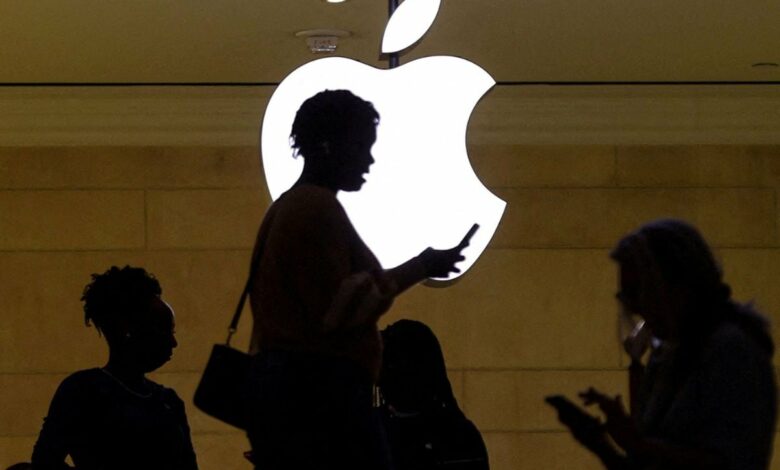Apple is reportedly offering $100 million to overturn the ban on the iPhone 16 in Indonesia

Apple Inc. has increased its offer to invest in Indonesia almost tenfold, according to people familiar with the matter, in the US tech giant’s latest attempt to convince the government to lift the iPhone 16 sales ban.
Under the proposal, Cupertino-based Apple would invest nearly $100 million (about Rs. 844 crore) over two years in Southeast Asia’s largest economy, the people said, asking not to be identified as they are not authorized to speak in public. Apple’s previous investment plan of nearly $10 million (about Rs. 84 lakh) would have seen the company invest in a factory for making accessories and components in the city of Bandung, located southeast of Jakarta, Bloomberg News previously reported.
After Apple submitted its increased bid, Indonesia’s Ministry of Industry, which last month blocked a license for the sale of the iPhone 16, is now demanding that the tech giant change its investment plans to focus more on research and development for its smartphones in the country. , the people said. The Ministry of Industry has not yet made a final decision on Apple’s latest proposal, she added.
Following Apple’s original proposal, the ministry called on senior business leaders to meet with Minister Agus Gumiwang Kartasasmita. But after flying to Jakarta, Apple’s senior executives were told that the minister was unavailable and that they therefore had to meet with the ministry’s director general.
Apple and the Ministry of Industry did not respond to requests for comment.
Apple’s new investment proposal came after the Ministry of Industry last month blocked sales of the iPhone 16 because the US company’s local unit would not meet the 40 percent domestic content requirement for smartphones and tablets.
According to the Indonesian government, Apple has invested only 1.5 trillion rupiah ($95 million or roughly Rs. 801 crore) in the country through developer academies, falling short of a commitment of 1.7 trillion rupiah (roughly Rs. 907 crore). The Southeast Asian country has also cut sales of Alphabet Inc.’s Google Pixel phones. banned due to a similar lack of investment.
Indonesia’s hardline tactics appear to be working, with the iPhone 16 ban becoming an example of the pressure new President Prabowo Subianto’s government is putting on international companies to increase local production while trying to boost domestic industry.
Indonesia also resorted to such tactics under the rule of former President Joko Widodo, who launched ByteDance Ltd.’s TikTok last year. blocked to protect the retail sector from cheap Chinese-made goods. This prompted the hugely popular video app to eventually invest $1.5 billion (approximately Rs. 12,660 crore) in a joint venture with Tokopedia, the e-commerce arm of Indonesia’s GoTo Group.
By offering to invest in the country, Apple is seeking to gain unfettered access to Indonesia’s 278 million consumers, more than half of whom are under the age of 44 and are tech-savvy.
But such strong-arm tactics from Indonesia threaten to deter other companies from expanding their presence or establishing a footprint, especially those looking to decouple from China. It could also jeopardize Prabowo’s goal of attracting foreign investment to grow the economy and finance policy spending.
It’s unclear which companies Apple’s proposed investment could go to. Apple typically supports assembly or component partners such as Foxconn in various countries, which in turn help produce or supply essential parts for iPhones and iPads.
© 2024 BloombergLP
(This story has not been edited by NDTV staff and is auto-generated from a syndicated feed.)



